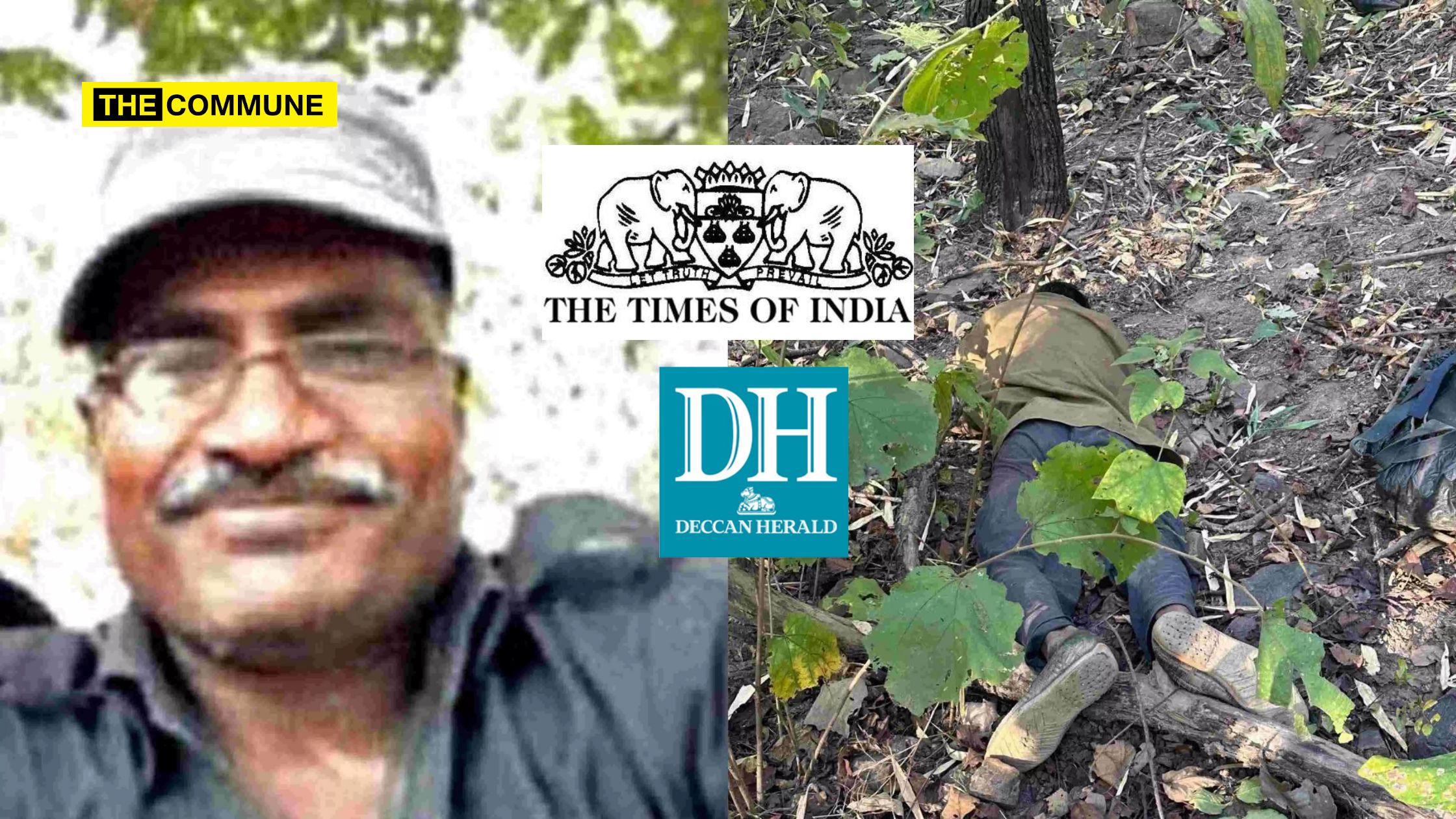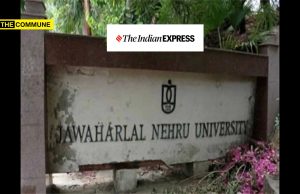
The obituaries published by Times of India and Deccan Herald on the death of Chalapathi, a senior Maoist leader, are nothing but appalling. Instead of focusing on the countless lives lost and the trauma inflicted by Maoist violence and praising the authorities for getting rid of Maoist nuisance, these pieces glorify a figure responsible for terrorizing civilians and security forces for decades.
Both outlets paint Chalapathi as a “military strategist,” a “man of intellect,” and an “inspirational figure” within the Maoist cadre, downplaying the atrocities he orchestrated. The Times of India notes his “extensive reading habits” and multilingual abilities, while the Deccan Herald lauds his “mobilizing skills” and “commitment to ideology.” These descriptions fail to address the devastating impact of his actions. Chalapathi’s orchestrated attacks, such as the 2008 Nayagarh police armory raid and the brutal killings of political leaders in Araku in 2018, claimed countless innocent lives.
While highlighting his rise through Maoist ranks, the obituaries conspicuously omit the pain and suffering endured by families of the victims and the loss it caused to the nation. This sanitized portrayal of a militant leader not only disrespects the memory of those who perished in his attacks but also trivializes the challenges faced by security forces combating Maoist insurgency.
Moreover, both outlets fail to condemn the violence and lawlessness inherent in Maoist activities adequately. Instead, phrases like “a major blow to the Maoist movement” seem to mourn the loss of a leader rather than celebrate a significant win for national security. By focusing on his “talents” and “commitment,” the articles seem to romanticize the very ideology that perpetuates violence and instability in affected regions.
The lack of balanced reporting is especially alarming in the context of Chalapathi’s manipulative mobilization of marginalized communities. His strategies, which included exploiting tribal grievances for recruitment, were ultimately aimed at perpetuating a cycle of violence and fear. Instead of highlighting these exploitative tactics, the obituaries present him as a defender of justice for the oppressed—a portrayal far removed from the ground reality.
Media outlets have a responsibility to report objectively, especially when addressing figures involved in armed insurgency. By glossing over the human cost of Chalapathi’s actions and focusing on his so-called achievements, Times of India and Deccan Herald fail to uphold journalistic ethics.
This is not the first time. Publications like the Times of India, The Hindu and other media are often seen portraying terrorists as humane, as people with emotions, as coming from “ordinary” backgrounds etc. These are not important stories that need attention, it is the other pressing issues that they are causing that need to be told. Just a few days ago, Times of India justified an illegal Bangladeshi’s action against Bollywood actor Saif Ali Khan and blamed it on poverty and his ailing mother.
Chalapathi was not a hero. He was a perpetrator of violence, whose actions destabilized regions and claimed countless lives. To glorify such an individual under the guise of an obituary is not just irresponsible—it is an affront to the victims of Maoist violence and their families. The media must remember that its role is to inform and uphold the truth, not to lionize those who wage war against the state and its citizens.
Subscribe to our channels on Telegram, WhatsApp, and Instagram and get the best stories of the day delivered to you personally.




